
Psychopathy, a term often whispered with a mix of fear and fascination, stands as a captivating yet daunting subject that continues to intrigue and challenge our understanding of human nature. It plunges us into the depths of minds that operate without the compass of empathy, navigating a world where manipulation and callousness are primary tools. Documentaries, with their unflinching gaze and narrative prowess, offer a crucial window into this chilling reality, blending education with a compelling sense of intrigue.
These meticulously crafted films do more than just recount criminal acts; they dissect the complex psychological profiles of individuals who live without remorse, revealing the intricate dance of traits that define antisocial minds. They invite audiences to understand the profound impact of these characteristics, not just on victims, but on the fabric of society itself. Through carefully researched narratives and often raw, direct portrayals, filmmakers shed light on the behaviors and motivations that underpin psychopathy.
Our journey here isn’t about glorifying the macabre, but about genuinely exploring the invaluable insights these nine documentaries provide. They challenge us to confront uncomfortable truths, to question our perceptions of good and evil, and to gain a deeper, albeit unsettling, appreciation for the complexities of human behavior. Join us as we step “Through the Lens of Evil” to uncover the hidden horrors documented in these groundbreaking works, each offering a unique perspective on the minds that walk among us.
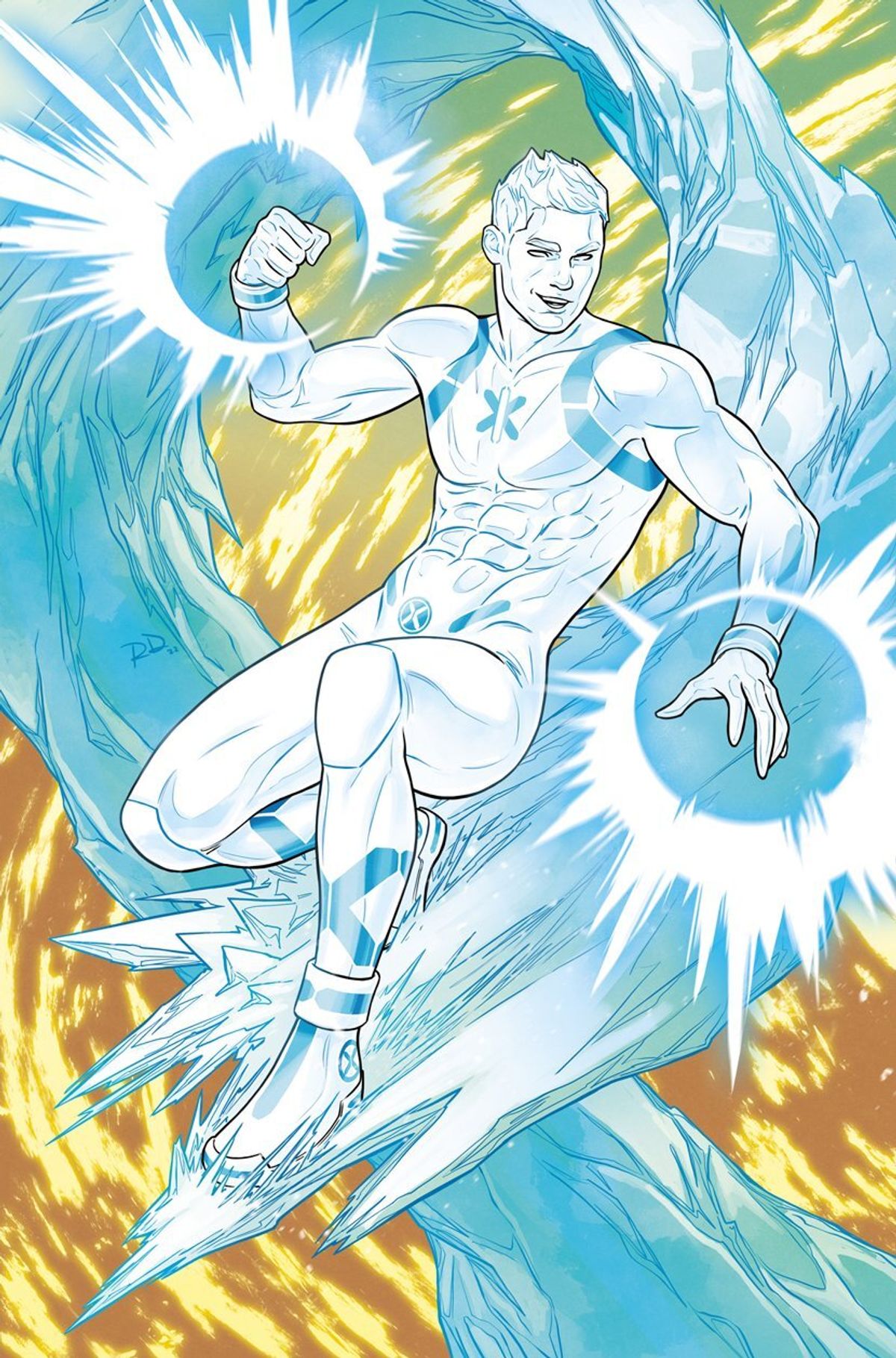
1. ‘Iceman: The Richard Kuklinski Story’ – HBO (2001)
Richard Kuklinski, infamously known as “The Iceman,” was a name that sent shivers down the spine of anyone familiar with the dark underbelly of organized crime. HBO’s 2001 documentary, “The Iceman Confesses: Secrets of a Mafia Hitman,” offers an unparalleled and chilling look into the mind and actions of this notorious Mafia hitman. It’s an unflinching exploration of a man whose brutality became legend, and whose confessions revealed a stark absence of human compassion.
The film meticulously details Kuklinski’s career as a contract killer, painting a vivid, albeit disturbing, picture of his cold and calculating methods. What truly sets this documentary apart is its portrayal of Kuklinski’s remorseless personality, brought to life through candid interviews and dramatizations. Viewers are confronted with his chilling confessions, which provide an unsettling glimpse into the psyche of an individual who could commit heinous acts without a flicker of guilt.
One of the most intriguing, and perhaps unsettling, aspects of Kuklinski’s life was his duality. To his family and friends, he presented as a loving husband and father, leading a seemingly ordinary suburban existence. Yet, beneath this facade lay a ruthless killer, dedicated to his grim profession. HBO’s portrayal expertly navigates this paradox, highlighting the psychological complexities of a man who masterfully compartmentalized his lives, evading law enforcement for years while committing numerous murders.
Through detailed narratives and these unfiltered glimpses, the documentary offers fascinating insight into the world of organized crime and the chilling efficacy of Kuklinski’s methods. It’s a stark reminder of how deeply manipulative and deceptive psychopathic individuals can be, and how adept they are at blending into society, often until it’s far too late. The “Iceman” story is a foundational text for understanding the clinical detachment inherent in profound psychopathy.

2. ‘Ted Bundy: Falling for a Killer’ – Amazon (2020)
The name Ted Bundy evokes a deep-seated dread, synonymous with charm, deception, and unspeakable violence. However, Amazon’s 2020 docuseries, “Ted Bundy: Falling for a Killer,” boldly shifts the narrative, offering a fresh and crucial perspective on this notorious serial killer by focusing on the experiences of the women he impacted. This is not just another retelling of Bundy’s crimes; it’s an urgent reclamation of the story from the perspective of his victims and survivors.
At its heart, the series centers on Elizabeth Kendall, Bundy’s long-term girlfriend, and her daughter Molly, who break decades of silence to share their firsthand accounts. Their testimonies provide an intimate and harrowing look into Bundy’s manipulative interactions and the pervasive terror he inflicted on their lives. Their courage to speak out transforms Bundy’s narrative from one of sensationalized crime to a powerful testament of survival and the insidious nature of abuse.
Beyond the personal accounts, “Ted Bundy: Falling for a Killer” intricately interweaves Bundy’s story with the burgeoning feminist movement of the 1970s. It meticulously explores how prevailing societal attitudes, particularly misogyny, not only influenced Bundy’s actions but also, in some ways, enabled his reign of terror. This broader cultural context provides viewers with a deeper understanding of the backdrop against which his criminal activities unfolded, highlighting the systemic issues that compounded the tragedy.
The series’ commitment to framing Bundy’s story from a female perspective is a notable and vital aspect. It emphasizes the wider impact of his crimes, extending beyond the immediate acts of violence to the psychological scars left on individuals and communities. Through a powerful mosaic of interviews and personal stories, the series paints a comprehensive, empathetic picture of Bundy’s victims and the enduring legacy of his evil, offering a critical counter-narrative to previous Bundy-centric portrayals.
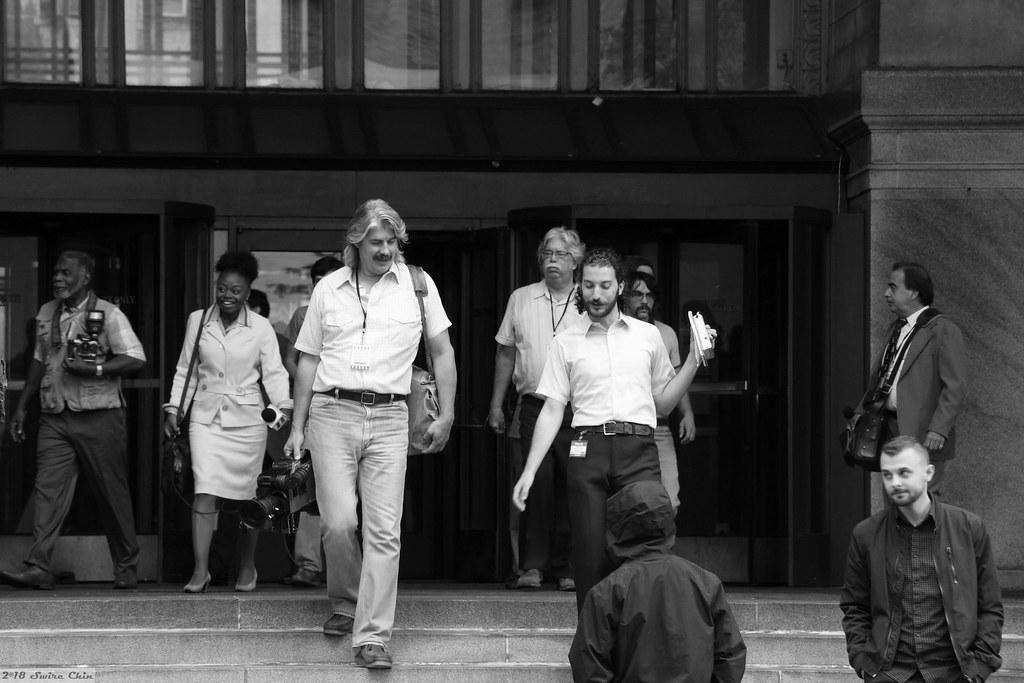
3. ‘Mindhunter: Inside the FBI’s Elite Serial Crime Unit’ – Netflix (2017)
While a dramatized series, Netflix’s “Mindhunter” is an indispensable entry in understanding the psychological underpinnings of extreme criminal behavior, drawing its inspiration directly from the groundbreaking work of real-life FBI agents. Based on the book by John E. Douglas and Mark Olshaker, this series plunges viewers into the pioneering efforts of the FBI’s Investigative Support Unit during the late 1970s, at the very inception of criminal profiling.
The show provides a meticulous, almost clinical, examination of how these revolutionary techniques were developed and applied to apprehend some of the most infamous serial killers in American history. It’s a compelling narrative for anyone interested in the science and art of understanding the criminal mind, showcasing the painstaking intellectual labor involved in deciphering motives and patterns where none seemed to exist.
Under the discerning eye of producer David Fincher, “Mindhunter” gained significant attention for its detailed exploration of psychological profiling. Fincher’s involvement imbued the series with a meticulous and deeply engaging narrative, appealing not only to avid true crime enthusiasts but also to those with a keen interest in the history and evolution of the FBI’s investigative methodologies. The show excels in its ability to present complex psychological theories in an accessible yet rigorous manner.
“Mindhunter” masterfully combines fact and fiction, weaving real-life cases with dramatized accounts to create an exceptionally compelling viewing experience. It is celebrated for its palpable atmospheric tension and its deep dives into the minds of criminals, bringing to life the chilling and often disarmingly articulate conversations between agents and their incarcerated subjects. These complex interactions highlight the profound psychological aspects that are central to criminal investigations, pushing the boundaries of forensic psychology on screen.

4. ‘The Family I Had’ – Amazon (2017)
“The Family I Had” is a gripping and profoundly disturbing documentary that delves into the tragic unraveling of the Bennett family, shattered by an unimaginable act of violence. The story pivots around a shocking event: the murder of 4-year-old Ella by her 13-year-old brother, Paris Bennett. This horrifying crime inflicted irreversible scars, leaving the family to grapple with a trauma that defies comprehension and challenges every notion of familial love.
The documentary offers a deep and unsettling insight into the family’s protracted battle with grief, but more significantly, it bravely confronts the broader implications of such a devastating crime. It explores how deep-seated mental illness, cycles of violence, and fractured family dynamics can culminate in an act of such profound evil. Through the raw and unflinching voices of Charity, the mother, and Paris himself, the film uncovers layer after layer of a psychological landscape steeped in darkness.
Directed by Katie Green and Carlye Rubin, the film employs a sensitive yet direct approach, utilizing interviews and personal accounts to provide a profound understanding of the psychological elements at play. It avoids sensationalism, instead focusing on the complex emotions and the ongoing, agonizing impact of the crime on the family’s lives. The narrative challenges viewers to look beyond the act itself and consider the forces that led to it, and the aftermath that continues to ripple through generations.
Available for streaming on Amazon, “The Family I Had” offers an in-depth look into a true crime that leaves an indelible impression on its audience. It compels viewers to reflect deeply on the sanctity of familial bonds, the devastating consequences of unchecked psychological turmoil, and the elusive nature of evil within the most intimate of settings. It’s a testament to the enduring human struggle to make sense of the senseless, and to cope with an unimaginable loss that continues to haunt those left behind.
Read more about: Chris Pratt’s Ascent: From Sitcom Charmer to Global Megastar—A Deep Dive into the Man Behind the Marvel Legend
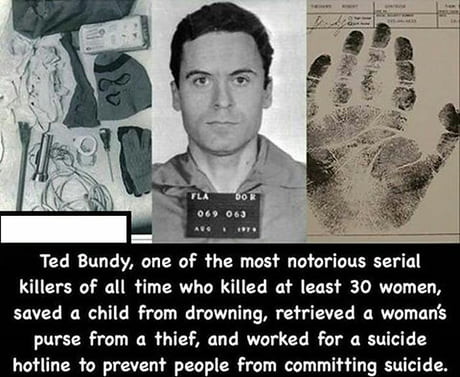
5. ‘Conversations with a Killer: The Ted Bundy Tapes’ – Netflix (2019)e.
Just as we thought we understood the depths of Ted Bundy’s depravity, Joe Berlinger’s 2019 Netflix documentary series, “Conversations with a Killer: The Ted Bundy Tapes,” arrived to offer an even more intimate and disturbing look into his life and crimes. Released on the 30th anniversary of Bundy’s execution, the series provides a unique and unsettling window into his mindset, allowing the killer’s own voice to guide much of the narrative.
The series is divided into four compelling episodes, each meticulously delving into different aspects of Bundy’s life and reign of terror. What distinguishes this documentary is its skillful interweaving of present-day interviews, rarely seen archival footage, and, most chillingly, audio recordings from Bundy himself. These tapes, recorded during his time on death row, offer a direct conduit to his complex and manipulative mind, revealing the twisted logic behind his heinous acts.
Berlinger’s approach paints a nuanced, yet ultimately terrifying, portrait of Bundy. It juxtaposes his undeniable charm and intelligence—qualities that ensnared many of his victims and baffled investigators—with the sheer brutality and remorselessness of his actions. This stark contrast provides viewers with an authentic, chilling glimpse into the very essence of psychopathy, showcasing how a veneer of normalcy can conceal a monstrous interior.
The documentary meticulously reconstructs the events surrounding Bundy’s crimes through interviews with those who knew him, alongside the dedicated individuals who worked on his case. The inclusion of Bundy’s own words, his justifications, and his chilling denials from death row add an unsettling authenticity that few other true crime narratives achieve. It’s a testament to the power of archival material and the spoken word, creating an immersive and unforgettable experience for anyone seeking to understand the psychology of serial killers. This series is an essential watch for its raw honesty and deep dive into the mind of one of history’s most infamous psychopaths.

6. ‘Crazy, Not Insane’ – HBO (2020)
Shifting our gaze from individual case studies to the very science of understanding criminal minds, Alex Gibney’s 2020 HBO documentary, “Crazy, Not Insane,” offers a profoundly thought-provoking exploration into the work of Dr. Dorothy Otnow Lewis. A renowned psychiatrist, Dr. Lewis dedicated her career to delving into the minds of murderers, seeking to unravel the psychological pathology underpinning their heinous acts. The film provides a deep dive into her extensive research, challenging conventional wisdom in forensic psychiatry.
This documentary stands out for its fearless examination of controversial topics, particularly Dr. Lewis’s perspectives on the death penalty and the nature versus nurture debate in criminal psychology. Through a compelling blend of interviews, never-before-seen archival footage, and evocative animated sequences, the film brings her complex theories to life. It meticulously reconstructs her methodology, showing how she engaged with infamous serial killers to understand the roots of their violence beyond simple moral condemnation.
Narrated with chilling gravitas by Laura Dern, “Crazy, Not Insane” provides a comprehensive look at Dr. Lewis’s illustrious career and her invaluable contributions to the field. It merges historical context with contemporary insights, presenting a rich tapestry of her professional journey. The film urges viewers to reconsider what truly constitutes ‘madness’ and ‘evil,’ and how societal responses often fall short in addressing underlying psychological trauma.
Dr. Lewis’s work, as presented, often posited that many individuals labeled as psychopaths might suffer from severe, untreated psychological trauma or neurological damage. She famously argued that “people are not born evil; they are shaped by their experiences.” This perspective provides a crucial counter-narrative, forcing us to look beyond simplistic labels and into the complex, often heartbreaking, origins of extreme violence, complicating our understanding of psychopathy.

7. ‘The Cheshire Murders’ – HBO (2013)
Moving from the abstract study of the criminal mind to the chilling reality of its impact, HBO’s 2013 documentary, “The Cheshire Murders,” plunges viewers into the raw, tragic events of a 2007 home invasion in Cheshire, Connecticut. This film is an unflinching and meticulous presentation of a nightmarish sequence of crimes that shattered the Petit family. It confronts the audience with harrowing details of how two perpetrators broke into a seemingly ordinary suburban home, unleashing an unimaginable torrent of violence.
The narrative unfolds through a powerful mix of firsthand accounts, drawing viewers directly into the experiences of those impacted, alongside sharp legal insights and forensic analysis. This careful construction allows the documentary to not only recount the events but also to raise difficult questions about how the criminal justice system grappled with such an atrocious case. It offers a complex look into the trauma inflicted upon the community and, most poignantly, on the sole surviving victim, Dr. William Petit.
Beyond the immediate tragedy, “The Cheshire Murders” thoughtfully examines the broader sociopolitical implications. It delves into intense public debates, particularly those surrounding the death penalty, using the specifics of the Petit family’s ordeal to illuminate wider societal dilemmas concerning punishment and retribution. This investigative approach probes deeper into the darker aspects of human behavior, compelling audiences to reflect on the foundations of justice, the pervasive nature of violence, and the unanswerable questions surrounding the true nature of evil.
The documentary’s strength lies in its ability to humanize the victims and survivors, avoiding sensationalism. Instead, it focuses on the profound, long-lasting ripple effects of psychopathic violence, not just on individuals, but on an entire community wrestling with grief, anger, and the desperate search for meaning in the face of senseless brutality. It’s a stark reminder that theoretical discussions around psychopathy often manifest in devastating real-world scenarios.

8. ‘Cropsey’ – Amazon (2009)
In a powerful testament to the way local folklore can mask deeper, more terrifying truths, the 2009 Amazon documentary “Cropsey” pulls back the curtain on a chilling urban legend from Staten Island, New York. This compelling film explores the unsettling intersection of myth and stark reality, investigating the figure known locally as Cropsey – a boogeyman rumored to haunt the area and terrorize children. Filmmakers Joshua Zeman and Barbara Brancaccio embark on an unnerving journey, initially following the threads of this local lore.
Their investigation takes a sinister turn as they uncover the disappearance of five children, all mysteriously linked to the ominous legend of Cropsey. What begins as an exploration of local myth evolves into a deeply unsettling examination of Andre Rand, a convicted child kidnapper whose horrifying crimes sent shockwaves through the Staten Island community. The documentary masterfully weaves together interviews with locals, former law enforcement officials, and chilling archival footage, painting a disturbing portrait of a community grappling with unspeakable fear.
“Cropsey” skillfully blurs the lines between folklore and forensic investigation, delving into the psyche of a perpetrator whose actions seemed to emerge directly from the darkest corners of communal fears. The film’s strength lies in its ability to unravel unsettling truths that resonate far beyond the confines of Staten Island, leaving viewers with profound questions about the nature of evil and the stories we tell ourselves to cope with it. It’s a potent and deeply disturbing mix of true crime, cultural storytelling, and psychological suspense.
The documentary powerfully illustrates how a community’s anxieties can coalesce around a figure like Rand, who embodied the very fears of child abduction and predatory violence. It doesn’t just present the facts of the crimes but explores the collective trauma and the enduring shadow cast by such profound acts of psychopathy. Through its unflinching lens, “Cropsey” reveals how the absence of empathy in one individual can leave an indelible mark on an entire generation.

9. ‘The Ripper’ – Netflix (2020)
Finally, we turn our attention across the Atlantic to one of Britain’s most infamous and horrifying criminal sagas: the hunt for Peter Sutcliffe, the Yorkshire Ripper. Netflix’s 2020 true crime documentary series, “The Ripper,” delivers an in-depth and often scathing look at the investigation into the brutal murders of 13 women in West Yorkshire and Manchester between 1975 and 1980. Directed by Jesse Vile and Ellena Wood, this four-episode docuseries meticulously reconstructs a period of widespread terror and a deeply flawed police effort.
The series illuminates the immense struggle faced by the police in their protracted and agonizing pursuit of Sutcliffe, and the pervasive fear that gripped communities across Northern England. It’s not merely a recounting of heinous acts; “The Ripper” bravely confronts and examines the prevailing societal attitudes toward women during that turbulent era, particularly the deeply ingrained misogyny that, in some ways, hampered the investigation and dehumanized the victims. This critical perspective adds a crucial layer of understanding to the narrative.
Through a powerful combination of extensive archival footage and contemporary interviews with detectives, journalists, and most importantly, the victims’ families, the documentary crafts a comprehensive and emotionally charged narrative. It vividly portrays the profound impact of Sutcliffe’s actions on individuals and the community at large, shedding light on the lasting trauma and the enduring quest for answers. The series also expertly explores the often-problematic influence of media coverage and the cultural climate, further contextualizing the complexities of the case.
“The Ripper” goes beyond merely detailing the horror of Sutcliffe’s spree; it offers a sharp critique of how the investigation was handled, questioning the efficacy and biases of police efforts at the time. This detailed perspective on one of the most infamous crime sprees in British history serves as a powerful reminder of how systemic issues can compound tragedy, making the capture of a ruthless psychopath an even more arduous and heartbreaking ordeal.
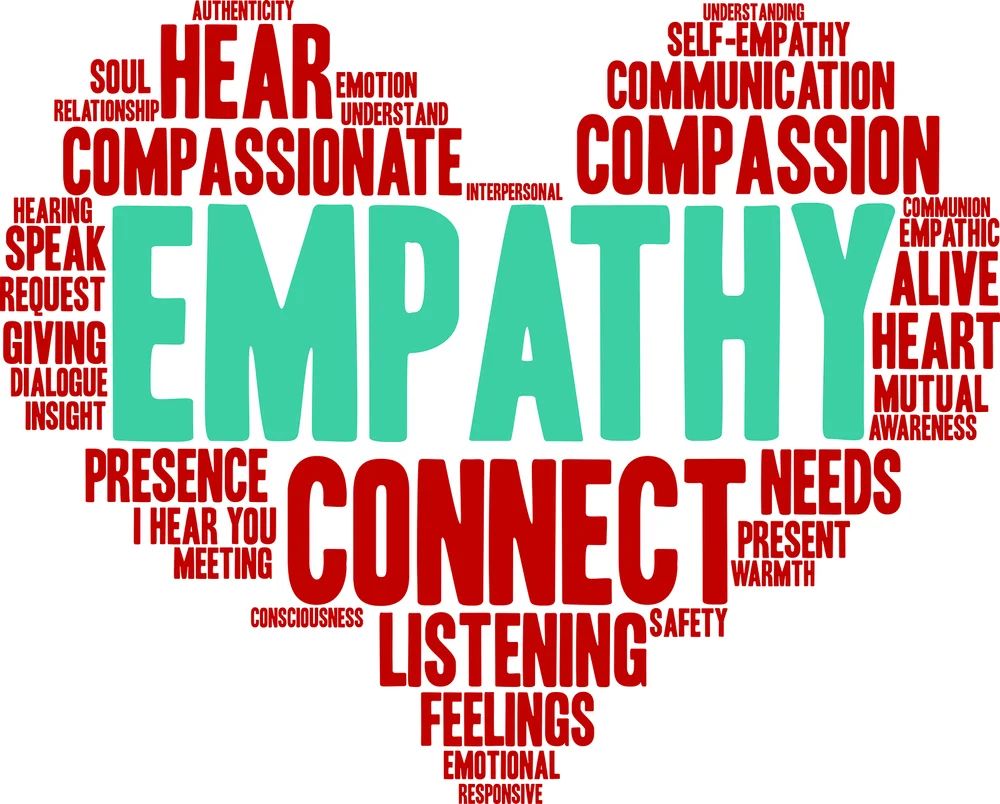
**Understanding Psychopathy: Core Characteristics**
As these documentaries so starkly illustrate, psychopathy is far from a simple label; it’s a complex personality disorder characterized by specific traits. These deeply ingrained characteristics profoundly impact an individual’s ability to form genuine relationships and navigate societal norms, demanding we move beyond sensationalized portrayals to genuinely comprehend its devastating effects. Defining psychopathy often leads to misunderstanding: it’s not a mental illness but a profound personality disorder marked by a constellation of traits, including a marked absence of guilt or remorse and superficial charm. This disorder can manifest even in those who don’t engage in overt criminal activity, yet still exhibit disruptive and antisocial behavior. Tools like the Hare Psychopathy Checklist aid in precise identification.
Psychopaths primarily exhibit a profound **lack of empathy**, an inability to recognize or share others’ feelings, enabling manipulation without remorse. Their inherent **manipulativeness**, driven by a need for control, is often hidden behind a **charming yet superficial** demeanor. These traits create significant challenges in relationships; they struggle to form deep connections, lie frequently, and possess a grandiose sense of self-worth. They rarely experience fear, contributing to alarming risk-taking and callous disinterest in others’ well-being.
Their **social deviance and unstable lifestyle** are also hallmarks. Impulsivity leads to erratic careers and financial troubles. **Criminal behavior** is common, as their lack of empathy makes it easier to transgress laws. They are often irresponsible and unreliable, with aggression and violence surfacing when desires are challenged, painting a disturbing picture of lives marked by chaos.
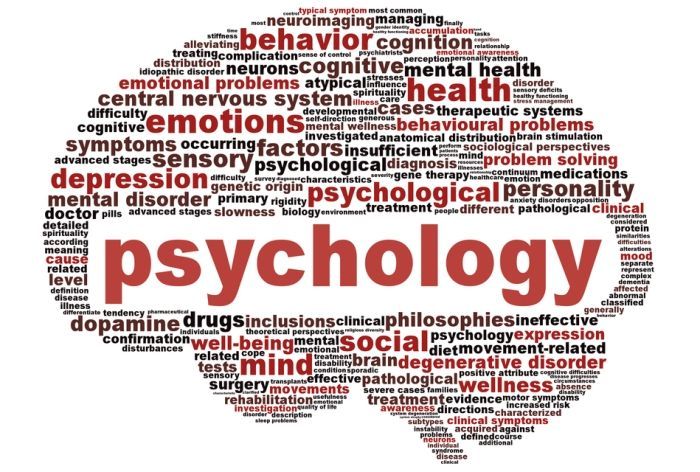
**The Psychology Behind Our Fascination: Why We Can’t Look Away**
The chilling glimpses into psychopaths’ minds offered by these documentaries spark a powerful allure. Our cultural fascination with true crime is deeply rooted in complex psychological dynamics, drawing viewers in with intrigue, terror, and a primal desire to understand the darker aspects of human nature. The impact of consuming these stories is varied, profoundly affecting our perceptions and emotions.
This **cultural obsession with true crime** stems from a yearning to comprehend what defies conventional understanding. These narratives provide a safe window into minds operating outside societal norms, allowing us to confront danger and justice from home. Modern media amplifies this appeal, fostering engagement not just for entertainment, but for understanding crime’s societal and psychological underpinnings, while also shaping perceptions of safety and trust. Yet, many report empowerment, feeling better equipped to identify threats or grasp the intricate complexities of human behavior.
***

**Ethical Considerations: Responsible Storytelling**
Delving into the horrifying realities of psychopathy through documentary filmmaking elevates **ethical considerations** to a central, critical imperative. Filmmakers face complex dilemmas, balancing truth-telling with unwavering sensitivity toward subjects, especially vulnerable and traumatized individuals, demanding a careful weighing of potential harm against public awareness.
**Consent** is the absolute cornerstone, requiring filmmakers to secure informed consent from all participants, ensuring they fully comprehend how their deeply personal stories will be used. This respects dignity and autonomy, protecting from exploitation. Equally crucial is **bias awareness**; filmmakers must strive for a balanced perspective, vigilantly avoiding narratives that distort realities or unfairly characterize individuals, since failing to correct biases misleads viewers and compromises integrity. The relationship between **truth versus artistic expression** also poses profound ethical questions; while documentaries aim to depict real events, filmmakers shape narratives, requiring transparency to maintain audience trust and navigate the **privacy of subjects** with nuanced care.
These nine documentaries collectively peel back the layers of psychopathy, revealing not just the chilling acts, but the profound complexities of the human mind and the societal structures that either contain or enable such darkness. From the remorseless hitman to the psychological insights of FBI profilers, from the devastating impact on families to the critical examination of systemic failures, each film contributes to a deeper, albeit unsettling, understanding. They compel us to confront uncomfortable truths, question our perceptions, and ultimately, gain a more nuanced appreciation for the intricate tapestry of human behavior—even its most horrifying threads. These are not merely stories; they are crucial lessons from the abyss, guiding us as we continue “Through the Lens of Evil.”



